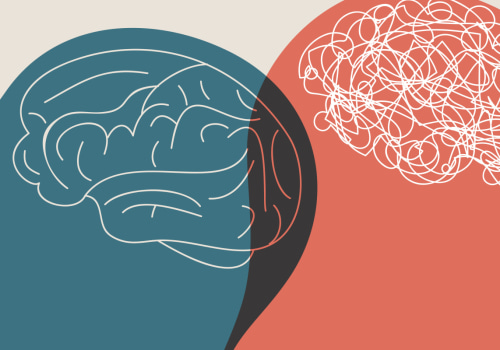Mental health is an essential part of our overall wellbeing, affecting the way we think, feel, and act. It helps us manage stress, relate to others, and make healthy decisions. Mental health is important at all stages of life, from childhood and adolescence to adulthood. According to MentalHealth.gov, mental health encompasses our emotional, social, and psychological wellbeing.
It affects how we think, feel, and act, as well as how we handle stress, relate to others, and make decisions. A balanced diet rich in omega-3 fatty acids can help boost brain function and provide the nutrients needed for optimal mental health. Positive social interactions can also help people process stress, improve physical wellbeing, boost the immune system, and combat mental health conditions such as depression and anxiety. Poor mental health can be caused by a variety of factors such as working long hours, caring for a family member, or struggling financially. This demonstrates the relationship between mental health and suicide, as well as how early medical intervention and self-care can help minimize the number of deaths from suicide.
Quality of life and mental health are closely linked to each other; when mental health improves, so does the quality of life. Untreated mental health is often associated with a sense of hopelessness, sadness, worthlessness, feelings of guilt, anxiety, fear, and a perceived loss of control. However, good mental health strengthens our emotional strength and resilience to deal with these stressors. Fortunately, in recent years there has been an increased awareness about mental health. Statistics from the National Alliance on Mental Illness (NAMI) revealed that nearly 53 million Americans (1 in 5 adults) suffer from a mental health condition in any given year. Talking openly about mental health can bridge the gap for those seeking treatment or help with their mental health. It's important to recognize the symptoms of poor mental health and seek professional advice before it's too late.







